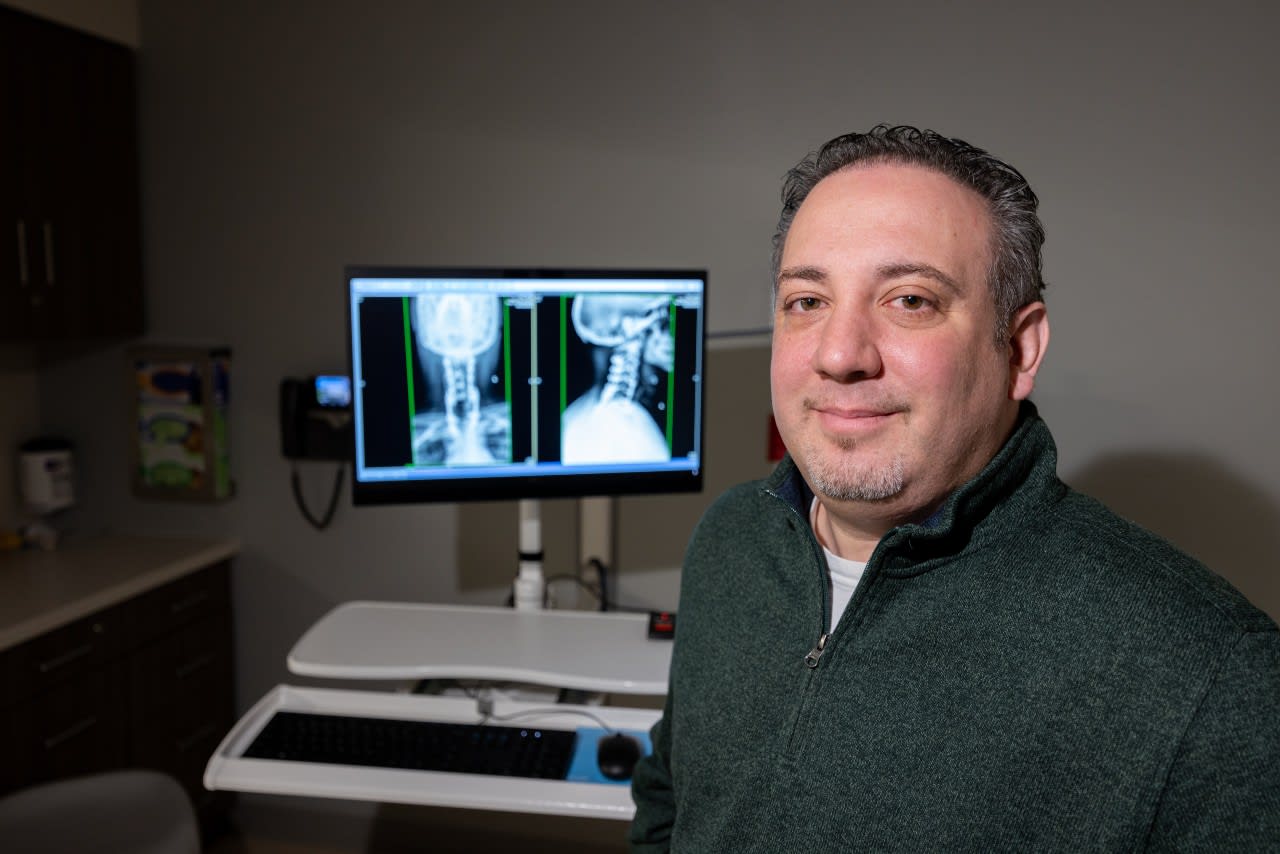Back pain can negatively affect your quality of life and make everyday tasks nearly impossible. The Pain Management and Spine Surgeons at White Plains Hospital provide quality spinal care, close to home, by offering innovative surgical and nonsurgical therapies for the full range of spinal disease and disorders—from the simplest cases to the most complex. We use the latest technology to treat your condition and control your pain, reserving surgery when nonsurgical treatments are not effective.
Our spine care team includes physicians, nurses, physical therapists, physician assistants and care coordinators who collaborate to tailor a personalized plan of care. Patients are also an integral member of this team, and we work together to create a therapeutic regimen that meets each patients needs. From diagnostic tests before surgery to treatment and rehabilitation after surgery, we connect you with all the services you need to regain function and return to your daily activities.
Spinal disorders we treat
Spinal disorders most commonly affect the cervical spine (the first seven vertebrae) and the lumbar spine (the lower back). Spine specialists at White Plains Hospital treat all types of spine disorders, including:
- Radiculopathy, any disease or disorder (such as a herniated disc) which affects the nerve roots.
- Stenosis, a narrowing of the spinal column that places pressure on the spinal cord, or narrowing of the openings (the "neural foramina") where spinal nerves exit the spinal column.
- Disc problems, which include bulges or herniation that can place pressure on a nerve root, resulting in pain and disability.
- Spondylolisthesis, a condition in which a vertebra in the lower part of the spine slips out of the proper position onto the vertebra below it.
- Osteoarthritis, which is a type of arthritis that can affect the joint and spine causing pain, stiffness, tenderness and loss of flexibility.
- Spinal Deformity.
- Fractures, which may be the result of trauma or progressive compression.
- Infections of the spine.
- Tumors, which may arise in the spine or spread there from a cancer that started somewhere else.
Diagnostic tests for spinal disorders
When you have back pain, your doctor may order one or more of the following diagnostic tests to determine the cause of the pain, its location and its severity. The following tests are available at White Plains Hospital:
- X-rays
- Magnetic resonance imaging (MRI)
- Computed tomography (CT scanning)
- Electromyography to diagnose nerve and muscle dysfunction and spinal cord disease; it records the electrical activity from the brain and/or spinal cord to a peripheral nerve root (in the arms and legs) that controls muscles during contraction and at rest
Committed to successful outcomes
Our interdisciplinary approach includes pre-operative teaching to make your surgery as safe as possible. In addition, we participate in the ERAS program (Enhanced Recovery After Surgery) which facilitates your recovery after the surgery to help ensure a successful outcome.

